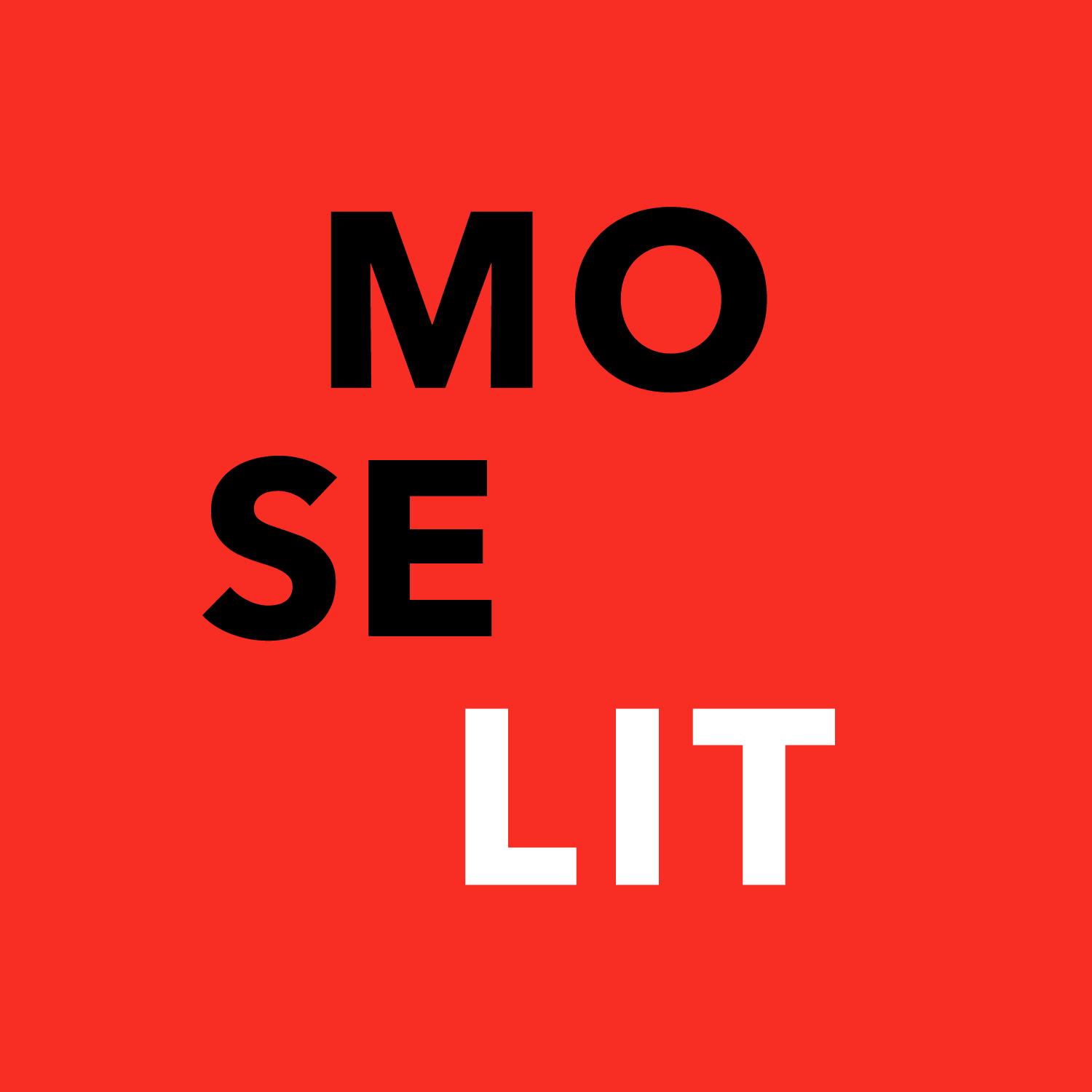
"MoSeLit - Modernization of Sexuality and the Construction of Deviance in Soviet Lithuania" is a historical research project, which aims to explore the structures of homophobia and the formation of LGBTQI+ identities in modernizing Lithuanian society.
While contemporary homophobia in Eastern Europe is often attributed to the legacy of the Soviet times, the historical research into the stories LGBTQ people and their systematic opression in Soviet Lithuania is lacking. The main goal of the project Modernization of Sexuality and the Construction of Deviance in Soviet Lithuania (Mo-Se-Lit) is to provide a historical examination of the formation of the understanding of queer sexuality as “deviance” in medical, criminological, educational and other discourses and practices in Soviet Lithuania, seeing it as a part of the bigger process of the modernization of sexuality in general. Furthermore, combining archival research with oral interviews, the project hopes to shed light on the oppression as well as the possibilities for subjectification and agency of LGBTQ people in Lithuania. By focusing on the cultural and intellectual history of state-socialist Eastern Europe the project will contribute to a more comprehensive understanding of the development of modern discourses of sexuality and contemporary queer identities, and provide some insights into the historical context of contemporary discrepancies in sexual norms and attitudes in Europe. Applying the insights from queer theory and postcolonial studies for the investigation into the Western borderlands of the Soviet Union, the project will also question the unidimensional narratives of modernization and or "backwardness" in the context of regulation of sexuality and the acceptance of LGBTQ people.
This project has received funding from the European Union’s Horizon 2020 research and innovation programme under the Marie Skłodowska-Curie grant agreement No 101025145."
Dr. Rasa Navickaitė
Rasa Navickaitė is a gender historian with research interests in marginalized sexualities and gender identities, history of Eastern Europe in a transnational perspective, feminist and queer theory, and postcolonial theory.
